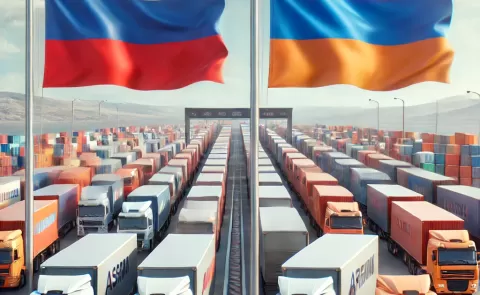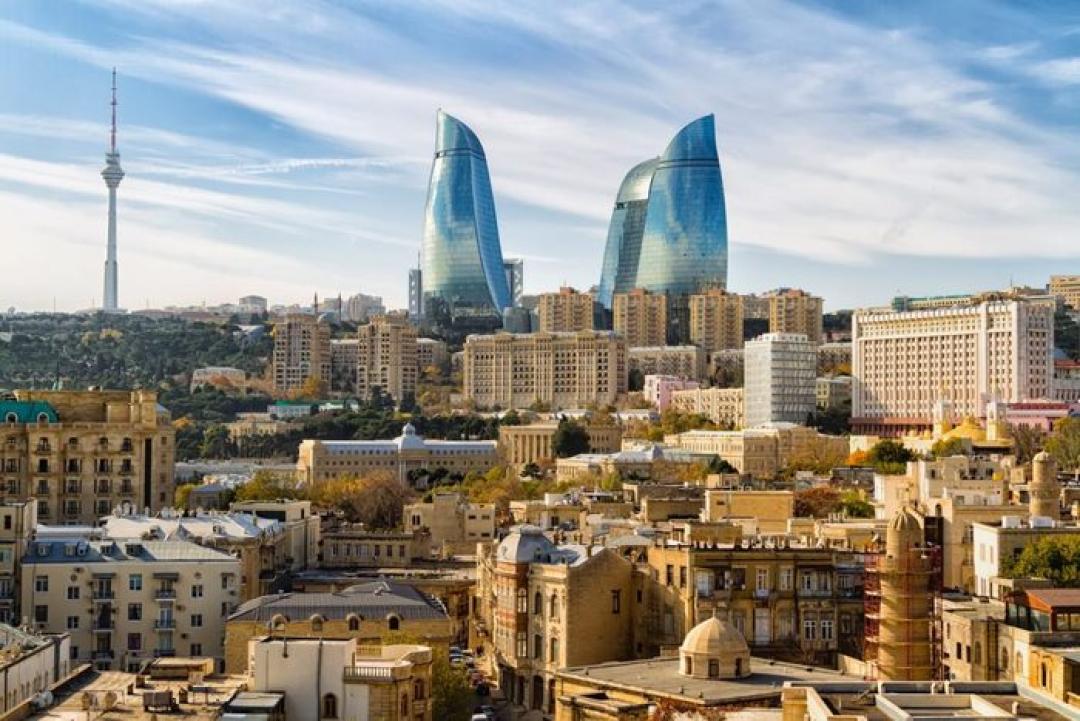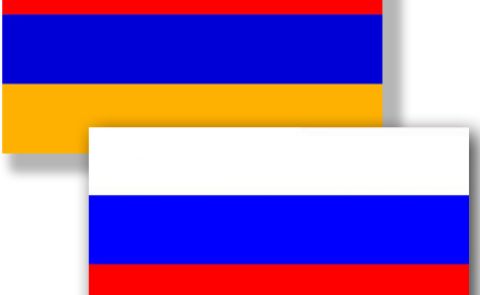
Recent economic developments in Azerbaijan

Azerbaijan and World Bank considering collaborating on projects
Ali Asadov, Prime Minister of Azerbaijan, and Sebastian Molineus, Regional Director of the World Bank for the South Caucasus, addressed recent cooperation initiatives in several fields.
The parties reviewed the continuing economic, structural, and institutional reforms in Azerbaijan at the meeting. They also talked about how to diversify the economy, grow the non-oil industry, and improve competitiveness. The World Bank's help for Azerbaijan in these areas was warmly praised by both parties.
They also discussed Azerbaijan's development goals, the World Bank's assistance for the nation's "Socio-Economic Development Strategy for 2022-2026," the bank's project portfolio in the country, and its involvement in the restoration of freed areas. Prospects for collaboration in a variety of disciplines have also been considered.
Sebastian Molineus also met with Mikayil Jabbarov, Azerbaijan's Economy Minister. "We discussed socio-economic development of our country, the implementation of joint projects, and the possible impact of regional processes on the Azerbaijani economy during the meeting with the World Bank Regional Director for the South Caucasus Sebastian Molineus and his colleagues," Jabbarov wrote on his official Twitter page.
It's worth noting that Azerbaijan and the World Bank will celebrate their 30th year of relationship in 2022.
Azerbaijan and France are looking to collaborate on renewable energy
Azerbaijan and France have examined the possibility of expanding bilateral cooperation in the renewable energy sector.
This was discussed during a meeting between Azerbaijan's Energy Minister Parviz Shahbazov and a team from the French Business Confederation (MEDEF International), which represents multiple French enterprises.
Shahbazov mentioned France's presence in Azerbaijan's oil and gas industry, as well as the Absheron project's significance to Azerbaijan-France energy relations. The attendees were briefed on Azerbaijan's green energy potential, including offshore wind energy resources, the institutional environment in the area, and the efforts taken to achieve the objectives during the conference.
The parties also spoke about how to rebuild freed territories, how to restore energy infrastructure, and how to develop a green energy zone for these areas. It was brought to the notice of the participants that one of the top goals on the agenda is to attract private investment to expand the use of renewable energy, and information on partnership potential with French firms in this sector was offered.
MEDEF Director-General Philippe Gautier gave an overview of the organisation's operations as well as the activities of the firms in attendance. He indicated a desire to strengthen and extend Azerbaijan's energy cooperation.
The meeting's director-general underlined that the firms attending are interested in bringing their advanced knowledge and technologies to Azerbaijan in the domains of wind and solar energy, green hydrogen, energy generation from home and industrial waste, and other disciplines.
It's worth noting that MEDEF International, which has worked with Azerbaijan since 1992, is a non-profit organisation that represents France's private sector on an international level and represents roughly 7,100 businesses. The organisation's major purpose is to promote French firms' best practises all over the world. In 2021, the Azerbaijani-French commercial turnover was $245.4 million.
Azerbaijan and France want to expand the Southern Gas Corridor
Azerbaijan and France have considered developing the Southern Gas Corridor together.
The conversation took place at a meeting between Azerbaijan's Energy Minister Parviz Shahbazov and representatives from France's Europe and Foreign Affairs Ministry, as well as the executive vice president of the ENGIE firm.
"With representatives from the French Ministry of Europe and Foreign Affairs and Didier Holleaux, Executive Vice President of ENGIE, we discussed collaboration in developing the Southern Gas Corridor and exporting green energy to Europe," Shahbazov stated on his official Twitter profile.
The pipeline's original capacity is around 10 billion cubic metres of natural gas per year, with the potential of increasing capacity to 20 billion cubic metres per year.
In 2022, Azerbaijan will sell 9.5 billion cubic metres of natural gas to Italy
According to a source at the national energy business SOCAR, Azerbaijan expects to export 9.5 billion cubic metres (bcm) of natural gas to Italy this year, up from 8.0 bcm in 2021.
In December 2020, when the Southern Gas Corridor's last section, the Trans-Adriatic Pipeline (TAP), became operational, Azerbaijan began sending commercial natural gas to Europe from the second stage of its large offshore Shah Deniz field via its $40 billion Southern Gas Corridor (SGC). The initiative aims to lessen Europe's reliance on Russian natural gas supplies, which account for 34% of the continent's gas market.
Gas exports to Europe are conducted through contracts signed with nine European firms in 2013, as well as on the spot market. According to data from the ICE Futures exchange, Azeri gas from the second stage of the Shah Deniz field is sold for an average price of $250-300 per 1,000 cubic metres, while trading on the spot market is now more profitable because the spot price of gas in Europe has surpassed $3,000 per 1,000 cubic metres.
According to an expert at the national energy business SOCAR, Azerbaijan intends to generate 70 million cubic metres of gas per day by the summer and export 30-32 million cubic metres per day to Europe.
This year, Turkey is projected to receive 8.2 billion cubic metres of Azeri gas. The remainder is sent to Georgia, where it is consumed domestically.
See Also


Armenia and Russia Reaffirm Strategic Ties Amid Speculation of Strained Relations

Sergey Naryshkin Accuses Britain of Destabilizing Georgia

Armenia Records 5.9% GDP Growth in 2024, Missing 7% Goal

Yerevan Balances Strategic Ties with Both US and Russia, Says Foreign Minister

